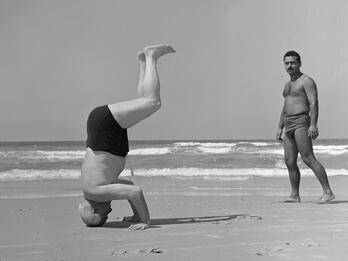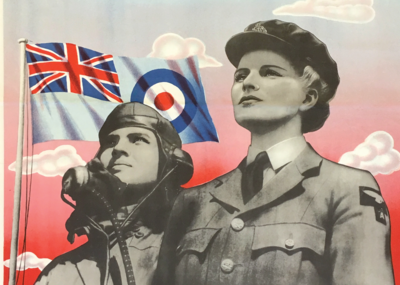The Holy Fire
Kalonymus Kalman Shapira
1942
Parashat Haḥodesh [Exodus 12:1–20]
[ . . . ] The Talmud states in Ḥagigah [5b] that, concerning God’s outer chambers, we may apply the verse Strength and Rejoicing Are in His Place (I Chron. 16:27), but in His inner chambers. He grieves and weeps for the sufferings of Israel. Therefore, there are occasions when, at a time of [Divine] hiddenness…
The Holocaust sparked profound theological questions about how God could have allowed the murder of six million Jews. The Holy Fire, a collection of weekly sermons delivered by Rabbi Kalonymus Kalman Shapira in the Warsaw ghetto, provides a glimpse into how a religious leader addressed the question of Jewish suffering in the midst of starvation, persecution, and death. Unlike many post-Holocaust Hasidic rabbis, Shapira does not blame the murder of the Jews on their rejection of Jewish practice. Instead, he differentiates between suffering for individual sins and suffering to sanctify God’s name. In the latter case, the enemy attacks what God stands for and Jews suffer along with God.
What theological questions does the Holocaust raise for you?
In what ways does this text demonstrate a form of spiritual resistance against Nazi persecution of Jews?
Do you find this explanation for Jewish suffering during the Holocaust compelling? Why or why not?
Language:
Places:

Related Guide
Destruction, Rebirth, and Cultural Thought
The years between 1939 and 1973 witnessed unprecedented tragedy and transformation for the Jewish people.
Related Guide
The Holocaust: Years of Catastrophe
Jewish writing in Nazi-occupied areas documented ghetto life, moral questions, and Jewish identity, while writers in free zones grappled with the unfolding tragedy.
Creator Bio
Kalonymus Kalman Shapira
Kalonymus Kalman Shapira was an educator and Hasidic master who, beginning in 1913, served as the rabbi of Piascezno, Poland; in 1923, he founded Yeshiva Da‘at Moshe, a major Hasidic yeshiva in Warsaw. Shapira transcribed and translated his weekly sermons, which he delivered to his followers in the Warsaw ghetto and bequeathed to the Oyneg Shabes archive. He perished in the Trawniki camp near Lublin.
You may also like

Jewish Resistance and the Holocaust
From armed confrontation to religious defiance, Jews fought back against the perpetrators of the Holocaust.


